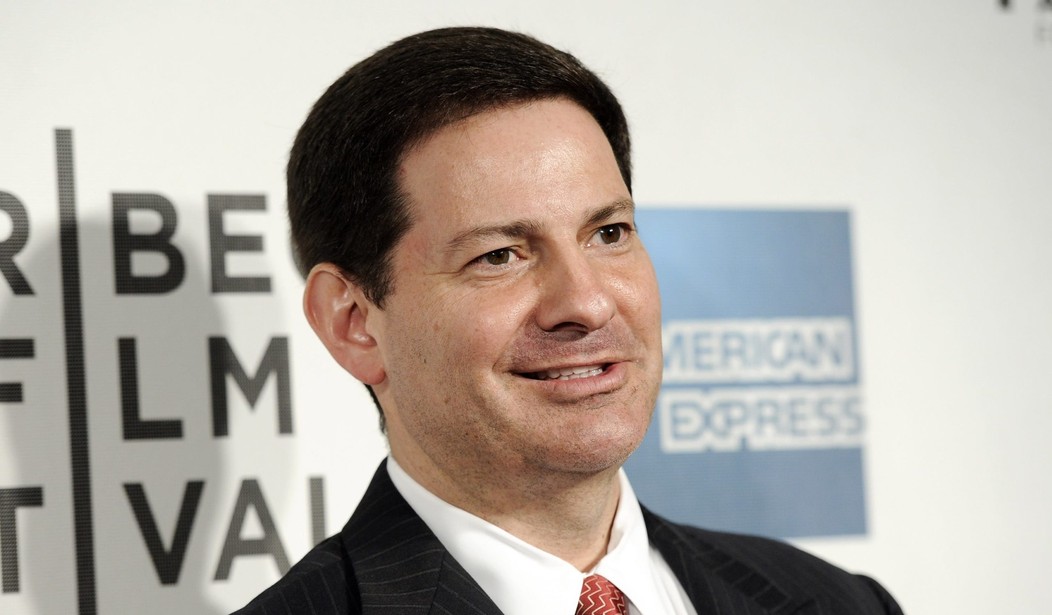It seems fitting that those who have the most to say about workplace sexual harassment — specifically, the harassment of women by men of higher rank in society’s upper echelons — are the women who work in those environments. They, along with the men in their midst, are the ones who know best what’s really going on.
But make no mistake: the issue is not one-sided. Hollywood and the media are not infested with evil, predatory men and innocent, unsuspecting women. They’re infested with men and women who are equally enamored with power. And both have a role to play.
Before I continue, let me make this very clear so as not to be misunderstood: No woman, unless she has specifically sought out her superior’s attentions in a sexual way, is responsible for being sexually harassed. (Same goes for a man who’s harassed by a female superior.)
That this is true, however, doesn’t negate the fact that women have options.
Here’s a great example. The actress Ashley Judd has just been interviewed by Diane Sawyer about, among other things, her experience with Harvey Weinstein. In the interview, there’s an obvious moment in Judd’s description of her encounter with Weinstein in which Judd could have made a very different choice.
“[Harvey Weinstein] had called and wanted to talk with you,” Sawyer begins. And then Judd explains what happened next.
“I remember the lurch when I went to the [hotel] desk,” she said. Judd was looking for Weinstein, and the hotel clerk told her that he was in his hotel room.
“And I was like, ugh, you’re kidding me.”
Sawyer interrupts then, looking for an answer as to why Judd went up to Weinstein’s room. “But you went up because … ”
“I had a business appointment,” Judd said, adding, “which is [Weinstein’s] pattern of sexual predation. That’s how he rolled.”
It is exactly that point at which Judd had a choice.
She could have let Weinstein know she’d be happy to meet him in the lobby (or some other public place), knowing he would probably refuse, and accept the consequences, or she could play his game. She chose to play his game and went to his room. And she did this, presumably, because she wanted something from him. She wanted to be a star, and she was willing to do whatever it took to get there.
Based on her comments in the rest of her interview with Sawyer, I have no doubt Judd would make a different choice today if she could do it all over again. Nevertheless, it was still a choice.
The same goes for women in the news media, who are just as anxious for the power a camera can wield. But Megyn Kelly, who has been the most outspoken thus far, suggests such choices don’t exist. “If you take a shot at the king you better kill him, you’ve heard that saying,” she told Seth Meyers. “If you don’t win this showdown, you know what’s going to happen to you.”
Translation: If you speak up, your career is over.
No, it isn’t.
For one thing, there are laws on the books that allow anyone to take action against an employer. Will it be worth it? Maybe, maybe not. Will you win your case? Maybe, maybe not. Will the company make it so uncomfortable you want to leave? Probably.
Either which way, you still have options.
You have a choice between telling the truth, come what may, or doing what’s expedient to further your career. Most people choose the latter. Some take the higher road and say, “No thanks, I don’t want any part of this.”
Take my mother, for instance. Armed with a degree from Radcliffe in the 1950s, she became a stockbroker in what was clearly a male-dominated field. When she faced sexism at the company for which she worked, she ultimately quit and found another company, also male-dominated, that was happy to have her. At that firm, she said, the men were great.
Men have to make choices, too. When Vice President Mike Pence said he doesn’t dine alone with any woman other than his wife, America was shocked. They shouldn’t have been. That’s a classic example of a specific action a person can take to avoid being accused of sexual harassment (or of being harassed).
No employer can take advantage unless you let them. Again, we’re not talking about rape here. We’re talking about sexual harassment, which in modern parlance can mean anything from simply looking at someone the wrong way to actually propositioning them.
It is true that the younger a woman is, the more vulnerable she is. The older we are, the easier it is to steer clear of those who want to take advantage. All the more reason why parents should empower their daughters and sons by offering some tips on how to avoid the mess they’re hearing about in the media. Here are a few ideas to get the conversation started:
- Don’t flirt. Be extremely professional at all times.
- Say no to anything that sounds sketchy or untoward. Do not be swayed.
- If it smells like a rat, it is a rat. Stay away. If you absolutely can’t stay away, give one-word answers and walk away. Don’t get into a dialogue.
- Keep socializing after hours with your co-workers to a minimum — and never get drunk in their presence.
- If you can’t get out of a bad situation, file a complaint or leave and find employment elsewhere.









Join the conversation as a VIP Member